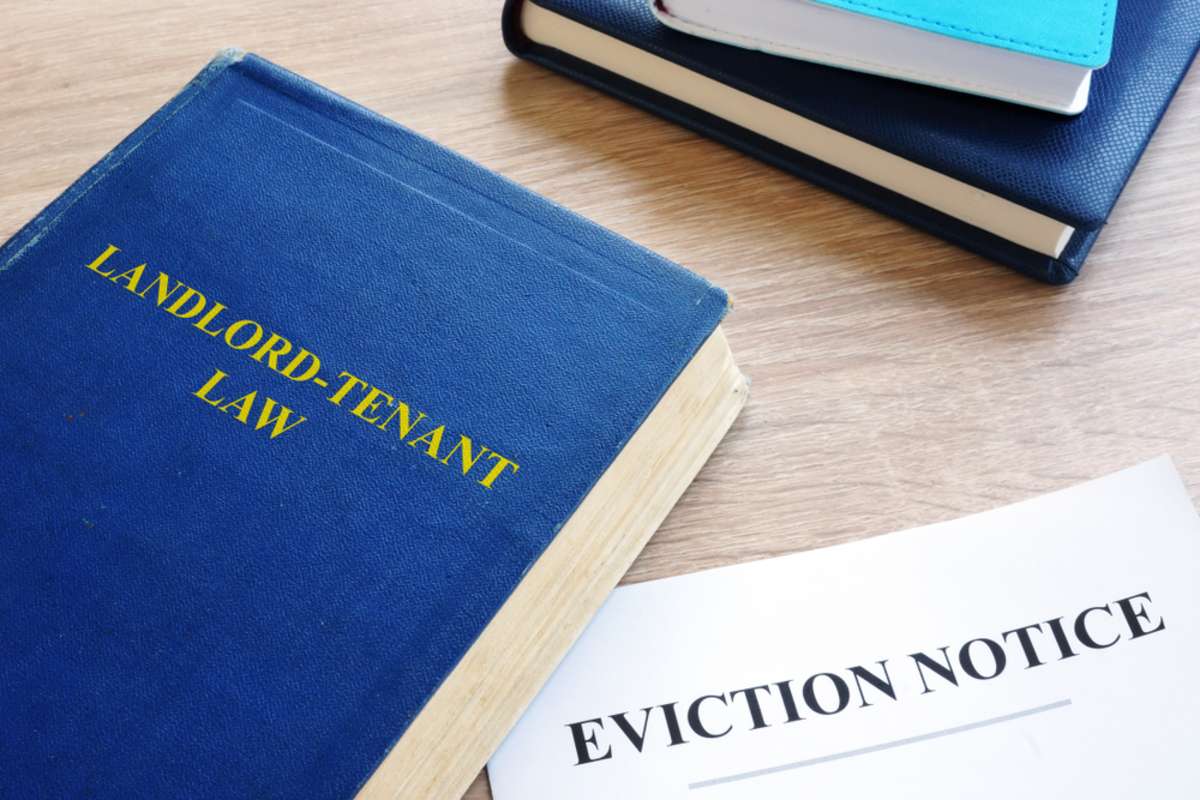Make Sure You Have a Justified Cause for Eviction
Ideally, you've consulted an attorney and a property manager to evaluate a justified cause to evict a renter. However, if you haven't done that yet, now is the time.
Before moving forward with the eviction process, a property management company can help you determine that removing a tenant complies with the lease and federal law. Common legal reasons for eviction include failure to pay rent, violating the lease or rental agreement, or damaging a property without compensating the rental property owner for repairs. Your attorney can also ensure that you have a good reason with plenty of documentation to support a case, then help you move forward in a way that follows landlord-tenant law.
Keep Good Records
As we mentioned, your attorney will recommend having good documentation to support a legal tenant removal. At the start of a dispute with a renter, property owners should document all emails, phone conversations, written communications, and texts about the issue.
However, excellent documentation also starts with a thorough lease agreement. To ensure that you have a legal reason to evict someone from a rental unit and the documentation to support your case, consult the rental agreement and include it in your resources when working with your attorney. It's also a good idea to bring a copy of the lease when appearing at the court hearing.
File Paperwork with the Court
If a renter refuses to comply with the 30-day notice, it's time to file an unlawful detainer suit with the court. The 30-day written notice gives your resident that amount of time to either get caught up on past-due rent, compensate you for damages they caused, or voluntarily move out. Without compliance from your renter, it's time to involve the courts by filing the eviction lawsuit (or unlawful detainer).

After the court receives your case and your tenant receives notification, they have another few days to respond to the claim by filing a response with the court. However, in some cases, tenants refuse to comply when the courts get involved at this stage, and they may file a countersuit declaring your cause for eviction as false.
Arrive For the Court Hearing
After the court receives your petition and any potential response from your renter, a judge schedules a hearing. It's not uncommon for property owners to experience a waiting period of 30-60 days before this next step in the eviction proceedings. If you have a property manager, it can be best to let them handle all communications with your tenant during this waiting period.
When the court date arrives, make sure you're there, along with thorough documentation to support your case, your attorney, and your property manager. A judge will hear your side of the case and listen to the tenant, as well.
Proceed According to the Court's Decision
Whether the judge rules in your favor or not, a property owner must proceed according to the court's decision. If the judge rules in your favor, work with law enforcement officials to make sure the tenant moves out and their belongings go, too. In many cases, when property owners win an eviction lawsuit, tenants must also pay past-due rent and cover the cost of property damages.
However, if the courts decide you don't have a justifiable case to remove your renter, the resident will be allowed to stay in your property for the duration of the lease. Therefore, it's critical to consult your attorney and work with property managers to maintain a professional approach with an unhappy tenant while they finish the lease term.

An Edmonds Property Management Company Helps Navigate the Eviction Process
While we hope you never have to go through the eviction process with a difficult tenant, rental property owners need to partner with the right professionals throughout the lawsuit. A reputable eviction attorney is a valuable asset that can help you act according to landlord-tenant law and avoid a countersuit and additional income losses. The best Edmonds property management company is also an essential resource to handle tenants during an eviction. A full-service property management firm also helps investors prevent evictions by applying a thorough tenant screening process and expert renter management to place better renters in rental properties.
If you're looking for quality renters or help with troublesome tenants, The Joseph Group can help! Reach out soon to learn more about how our residential property management services help real estate investors experience better success.



